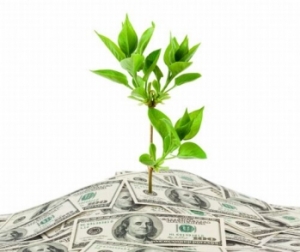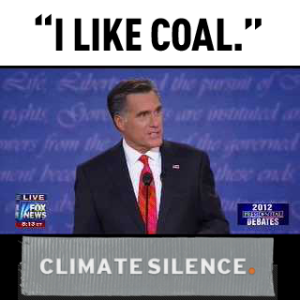When you get the chance, survey the room:
First ask, “what is a bill?” Among the handful of answers will probably lay something along the lines of “a piece of legislation drafted and proposed to be passed into the law of the land,” although not so eloquently put, I’d imagine.
Then ask the room, “what is the largest copper-producing country in the world?” I’d bet — depending on how large of a room, of course — that the chances of finding someone who correctly replied, “Chile,” would be pretty slim.
Lastly, ask this. “What is a glacier?” (The outcome of this question does not even matter because I’ve already arrived at my point, albeit after a needlessly long-winded opening.)
This is precisely the question Chilean governmental officials are currently battling. Congress there is faced with the dilemma of passing legislation that would ban mining in glacier locales. That last part is where the legislation undoubtedly becomes questionable. Where will the fuzzy lines of legal jargon come together to define these areas? Will it be strictly on the glaciers or surrounding areas as well? How far will these areas stretch? Is all frozen land around the glaciers off limits, as well? As the law currently stands, these surrounding permafrost areas are not covered by the proposed protection, but the details are far from set in stone.
All points aside, this is a serious issue. Not only do these congressional decisions impact the multibillion-dollar mining industry tremendously, along with the country’s production of Copper and other mining products, but the country’s overall water supply hangs largely in the balance of this debate. Here’s how LUIS ANDRES HENAO of the Associated Press explains the logic:
Glaciers are important because they act as natural dams, storing water for use throughout the year after the winter snow has melted. Even small glaciers can hold gigantic amounts of water that become critical during warm months and especially in long dry spells.
Chile is no stranger to arid months of drought, especially with its recently trending climate change. Those who we call environmentalists argue that when these two elements of drought and climate change combine with mining, Chile faces a severe danger of its glaciers completely vanishing, and more quickly than ever before imagined. CECILIA JAMASMIE wrote of such an instance, wherein a glacier disappeared:
One of the best-documented examples is the 18,000-year-old Chacaltaya glacier in the Bolivian Andes, which disappeared in 2009. Experts had forecasted it would survive until 2015, but it melted faster than expected, leaving what used to be the world’s highest ski run — 17,000 feet above sea level — as a boulder-strewn slope with a few patches of ice near the top.
This may be just as dramatic a picture as our governmental leaders’ current steadfastness in delay tactics and indecision, but this, like our issues, is no laughing matter. Serious repercussions loom large for mining projects planned for the future, as well as projects already underway. It’s an increasingly common scenario in today’s day — ecological pressures enforced by environmentalists and economical pressures enforced by big business butt heads yet again, and this time it’s Chile’s congressional interpretation in focus.











